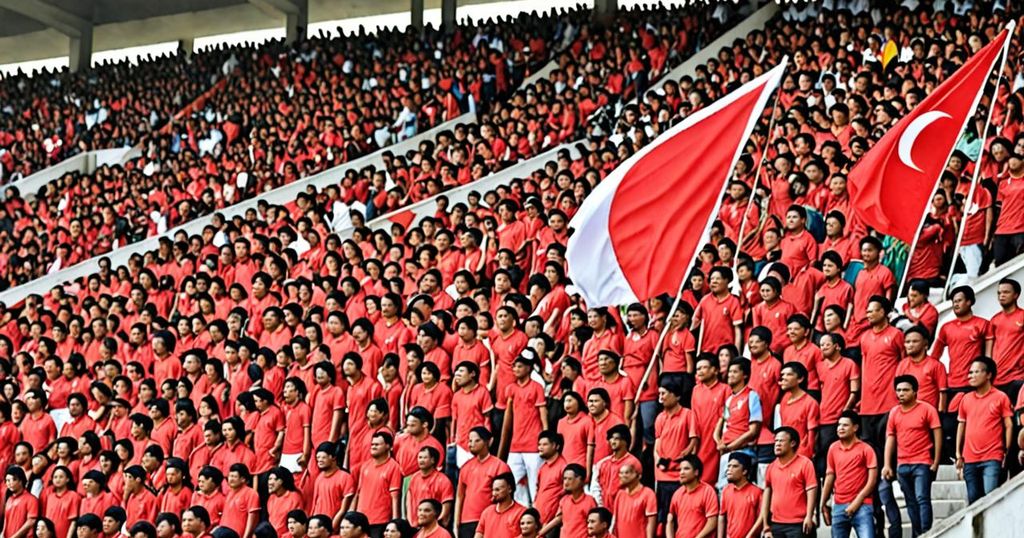The recent tragic death of 23-year-old Haringga Sirla outside a football match between Persib and Persija in West Java has underscored the critical need to address the issue of violence at Indonesian football matches. Haringga, a Persija fan, was brutally assaulted by Persib supporters, highlighting the longstanding history of violence between the two teams.
The violent confrontation resulted in Haringga’s untimely death, leading to the arrest of 16 Persib supporters, with eight of them facing charges related to the killing. This has sparked widespread criticism of the Indonesian Football Association (PSSI) for its failure to prevent such incidents. The PSSI, PT Liga Indonesia Baru (LIB), and the organizing committee have conveyed their condolences but have been chastised for their inadequate efforts to prevent future attacks.
The root cause of such violence is often attributed to mismanagement and insufficient measures by the league and its officials. The rivalry between Persib and Persija has led to numerous fatalities over the years, prompting authorities to impose temporary bans on supporters attending matches in rival territories.
Despite efforts to discourage Persija fans from attending Persib home matches due to safety concerns, the persistent risk of violence presents a significant challenge. It has been proposed that competing in a neutral city may offer a potential solution, albeit a temporary one. Nevertheless, concerns persist regarding the effectiveness of these measures in addressing the underlying causes of the violence.
Drawing from the United Kingdom’s experience, which faced similar challenges in the past, advanced security measures have been successfully implemented to mitigate football-related violence. An integrated ticketing system, combined with rigorous security protocols, has been effective in identifying and containing potential issues before they escalate.
However, the implementation of a similar system in Indonesia may require the involvement of the central government and substantial structural changes to address the existing challenges. Given the influx of fans attending matches without tickets, efforts to track and regulate ticket sales are crucial in reducing the prevalence of football-related violence.
Both Persib and Persija have expressed their commitment to exploring viable solutions, such as implementing online ticketing and giving priority to official members for match attendance. Yet, without comprehensive changes in the overall infrastructure and governance of the league, the risk of recurring violence remains a pressing concern.
Ultimately, addressing the scourge of violence in Indonesian football matches demands a concerted effort from all stakeholders, including the government, football authorities, and supporters. While the road ahead may be long and challenging, it is vital to take decisive steps toward creating a safer and more secure environment for football enthusiasts across the country.
In conclusion, the tragic incident involving Haringga Sirla serves as a solemn reminder of the urgent need to address the pervasive issue of violence at Indonesian football matches. By embracing comprehensive reforms and drawing valuable lessons from successful models, there is hope for a future where the beautiful game can be enjoyed in an atmosphere free from violence and fear.

Leave a Reply